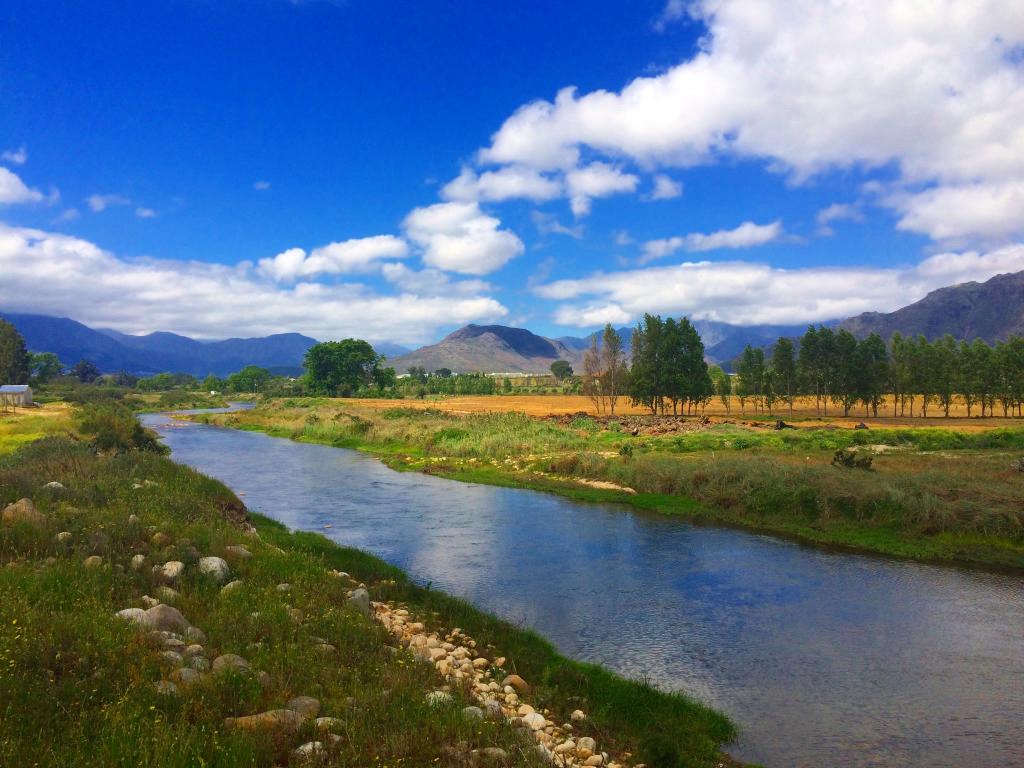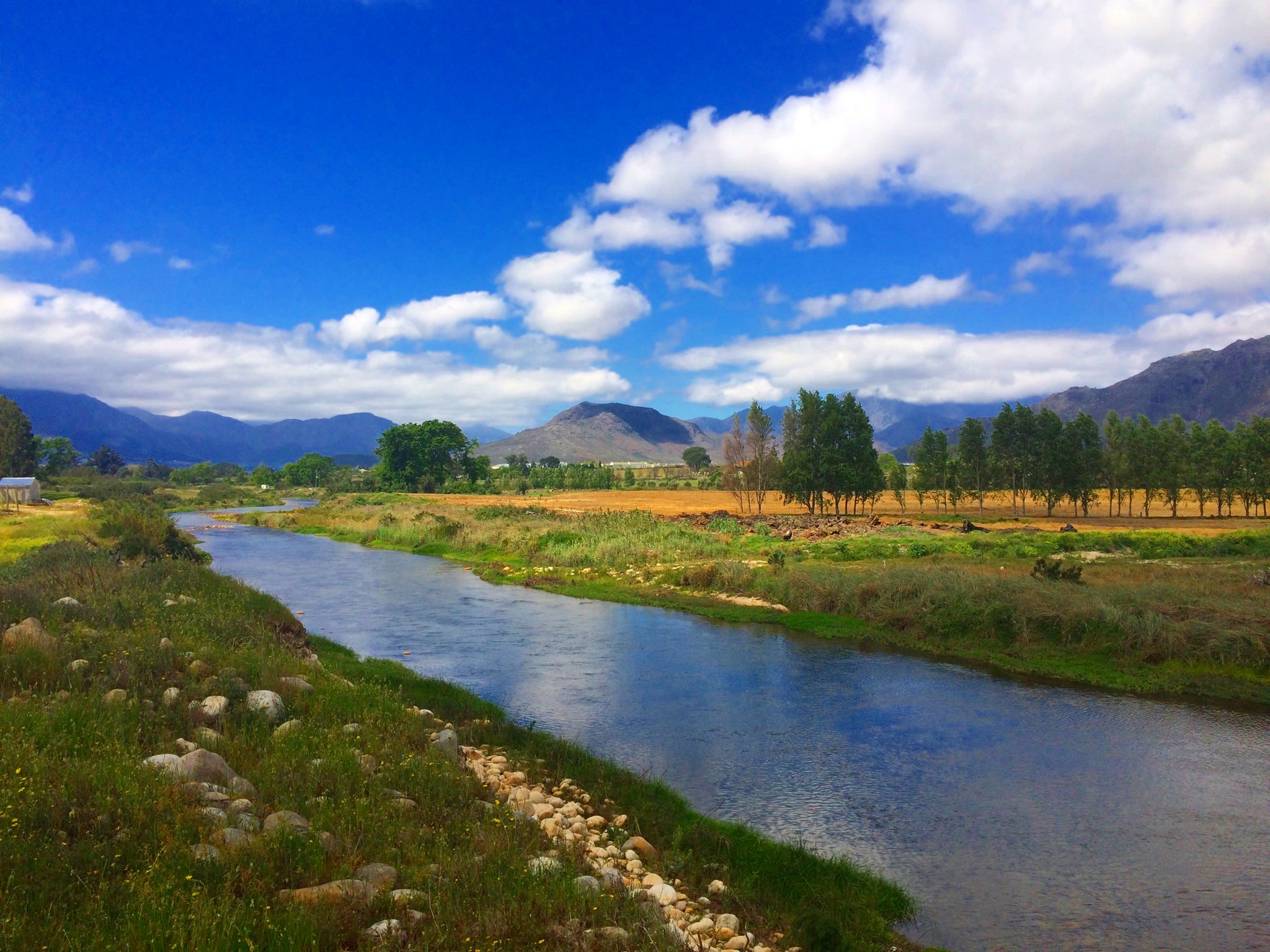Developing a research agenda for living landscape sites in Africa

In May 2019, funding from the World Universities Network provided ACDI with the opportunity to bring together a group of practitioners and researchers from across Africa interested in working in long-term “living’ landscapes.
|
Living Landscapes can be viewed as ecological, agricultural, and social systems which are managed to function sustainably over a long time, thereby providing food security, livelihood opportunities, species maintenance and ecological functions. |
Delegates included a mix of early career and senior researchers from the Universities of Cape Town, Ghana, and Nairobi, as well as practitioners from Living Lands, Conservation South Africa, CIFOR/ICCRAF, Tsitsa Project, Nairobi Living Lab, Western Cape Biosphere reserves, Living Lands – Baviaanskloof, and Limpopo Living landscape. The range of expertise in the room spanned “living” climate-resilient landscapes, the landscape approach, climate change and landscapes, and Indigenous knowledge.
The mood in the room was jovial, and people were thoroughly engaged in tackling the workshop's objectives:
- To connect researchers and practitioners with a common interest in landscape work, and look for ways to continue to work together and to undertake aligned/comparative research across different sites.

- To co-produce the basic building blocks for a research plan/agenda for long-term living landscape sites in South Africa, Ghana and Kenya as a flagship project of the ARUA Centre of Excellence in Climate and Development.
- To consider how to resource and implement this research plan in a phased way (short, medium and long-term) that builds on the connections made in this workshop.
- To think about some of the other outputs that could be developed from this process and to find ways to work on these.
Key learnings from the event included:
- Stakeholder collaboration is essential from the start and requires use of innovative engagement approaches.
- It is imperative to have approaches that permit collaborative learning and that acknowledge and build on different knowledge systems.
- Collaboration requires ongoing presence and engagement.
- It is critical to address local concerns and any research needs to have real impact.
- Context is important – there is no blueprint.
A detailed workshop report will be available soon.
Photo credits: Living Lands (top) and Chris Gordon (bottom)
